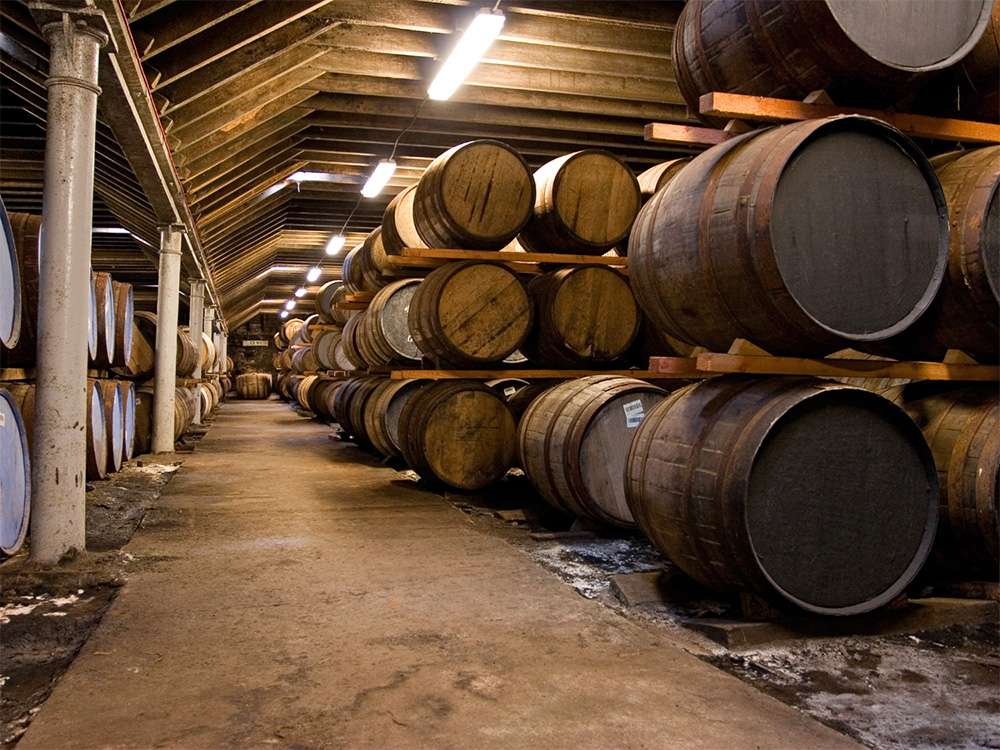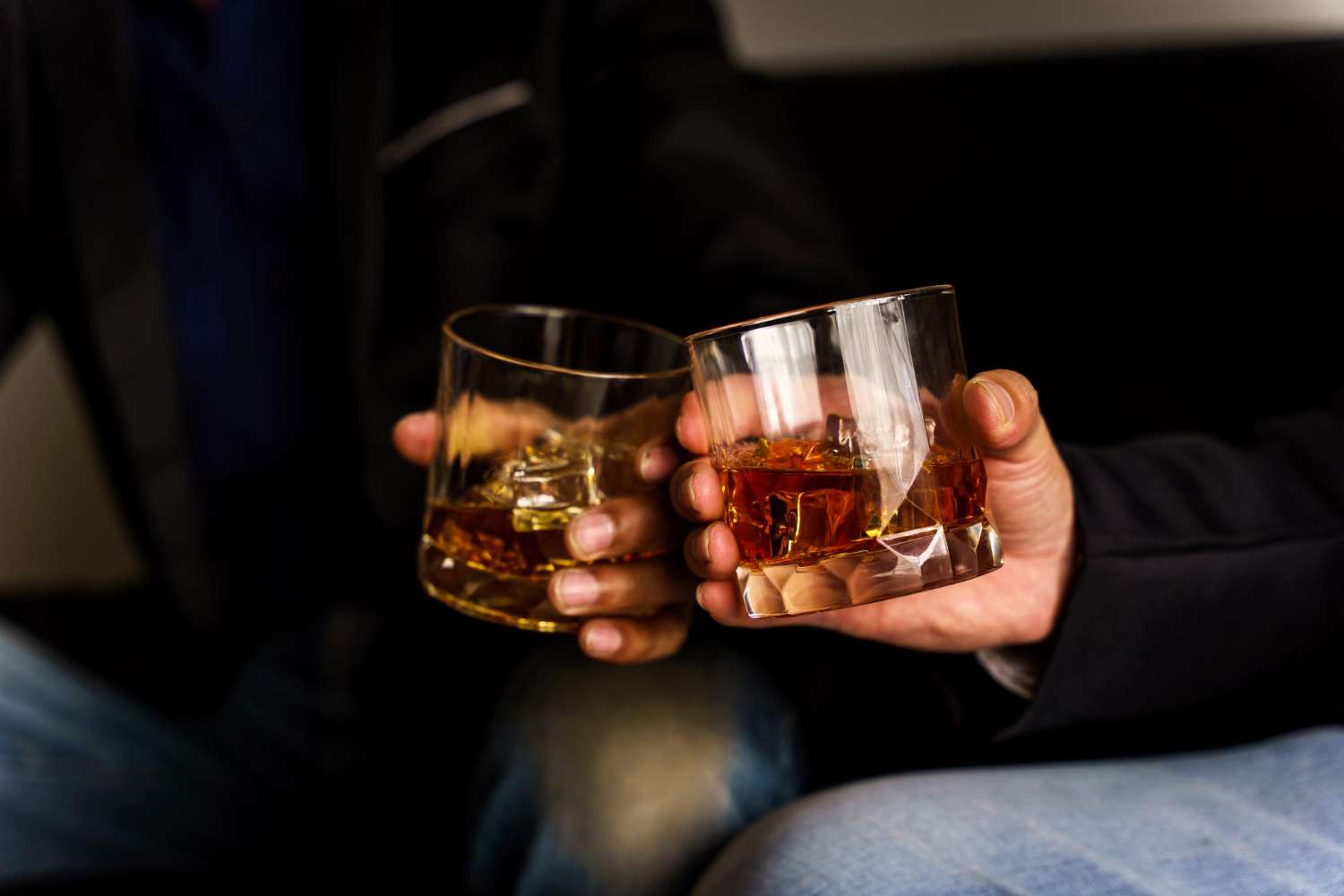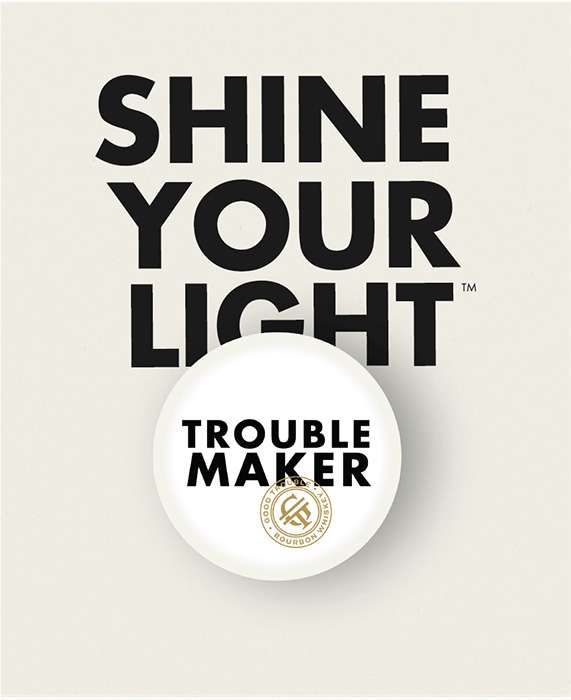By Dam Sampson
A version of this article was first published by The Whiskey Wash
Why New Barrel?
Some bourbon enthusiasts may wonder: why do bourbon focused distillers only use a barrel once? After all, other distilleries and brewers use second and sometimes third-fill casks, sometimes even those same ex-bourbon casks. So why not bourbon?
Over the years, a number of factors have led to this practice, from tradition and early shipping practices, to chemistry and law.
In the early days of bourbon making, Kentucky distillers would package their whiskey in large oak casks to be shipped down the Mississippi River or to the East Coast.
The white oak that is still used today was the wood best-suited to making the watertight barrels that were used in shipping.
That young distillate would age on its journey, and be bottled at its destination. With a surplus of trees in Kentucky, and the high cost of shipping, there was little impetus to return those used casks to the distillery to be used again, so those trips were generally one-way. This practice may have led to a tradition of using new barrels in later years.
Another (delicious!) reason lies in the chemical reactions that take place between whiskey and barrel.
Oak contains several compounds like tannins, lactones, vanillin, and hemicellulose, all of which diffuse into the spirit to lend flavor and color. Because those compounds are poured into bottles along with the whiskey, and drank by eager folks like us, used barrels have less flavoring capacity than new ones (a characteristic Scotch distillers describe as “losing its virtue”).
Used barrels don’t produce spirits with the same level of consistency as a new one, and for big brands like Beam and Sazerac, consistency is critical.
And finally, to be called bourbon in America, a spirit is required by law to be aged in a new barrel. The reasoning behind this law has been the subject of much speculation. Its basis may be an effort to retain part of bourbon’s heritage by adhering to the single-use barrel model practiced before Prohibition, or it may be a desire to ensure high quality (much like the Bottled-in-Bond regulations).
Or, perhaps more cynically, it may be the result of lobbying from the powerful cooper’s union and lumber industry to slide that single, important word (“new”) placed in the text of the 1935 Federal Alcohol Administration Act. Or, as if there weren’t enough ors already, there’s the use of the word new in the current federal regulations which define what exactly bourbon is.
So why is all bourbon aged in new barrels? It’s a little history, a bit of law, and a lot of science that early distillers may not have even understood.










